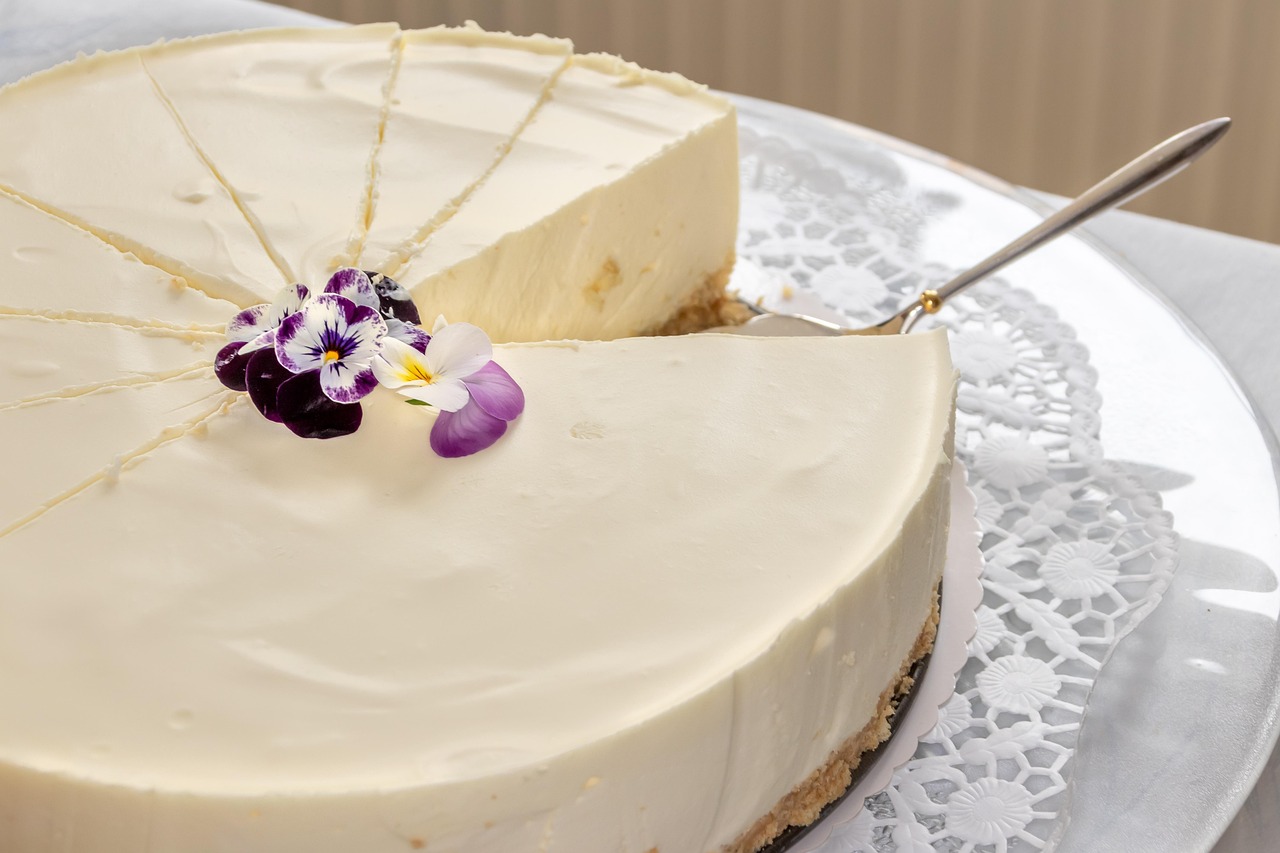Introduction
In the vast ocean of the English language, there are countless words that can trip up even the most seasoned speakers. One such word is "unique," which, despite its frequent use, often causes confusion regarding its correct pronunciation. This article aims to provide a comprehensive guide for English learners to understand and master the pronunciation of "unique," ensuring that they can use this versatile adjective with confidence.
The Word "Unique"
"Unique" is an adjective that describes something or someone that is unlike anything else, with no equal or equivalent. It is derived from the Latin word "unus," meaning "one," and "genus," meaning "kind." The combination of these two words gives us the concept of something that is one of a kind, unparalleled, or without a match.
Common Misconceptions
Many English learners, especially those from non-English speaking backgrounds, often mispronounce "unique" due to the influence of their native languages or the way they have heard it pronounced by others. The most common mispronunciations include:
1、"You-nik": This pronunciation is influenced by the spelling of the word, where learners might mistakenly think that "u" and "n" should be pronounced as separate syllables.
2、"Yoon-eek": This pronunciation is a result of the influence of the French language, as "unique" is spelled and pronounced similarly in French.
3、"Yoo-knee": This pronunciation is a mix of the correct English pronunciation and the influence of other languages.
Correct Pronunciation
The correct pronunciation of "unique" in standard English is /juˈniːk/. Let's break this down into its individual sounds:
1、"juː": This is the first syllable, pronounced as "yew" in English. The "j" sound is similar to the "y" in "yes," and the "uː" is a long "u" sound, like in "flute" or "tune."
2、"niː": This is the second syllable, pronounced as "knee." The "n" is the same as in "no," and the "iː" is a long "ee" sound, like in "see" or "tree."
3、"k": This is the final sound, pronounced as "k" in "kite" or "cat."
Tips for Mastering the Pronunciation
1、Listen and Repeat: One of the best ways to improve your pronunciation is to listen to native speakers and repeat after them. You can find audio clips, podcasts, or videos online where you can hear the word "unique" pronounced correctly.
2、Use a Pronunciation Guide: There are many online tools and apps that provide a visual representation of the mouth and tongue positions for different sounds. These can be very helpful in understanding how to produce the correct sounds.
3、Practice with Sentences: Incorporate "unique" into sentences to practice its pronunciation in context. This will help you get used to how the word sounds when used in a sentence and will make it easier to remember the correct pronunciation.
4、Record Yourself: Recording your voice and playing it back can be a powerful tool for self-assessment. You can compare your pronunciation to that of native speakers and make adjustments as needed.
5、Get Feedback: If possible, ask a native speaker or a language teacher to listen to your pronunciation and provide feedback. They can point out any areas where you might need to improve.
The Importance of Correct Pronunciation
Mastering the pronunciation of "unique" is not just about sounding like a native speaker; it's also about clear communication. Mispronunciations can lead to misunderstandings and can make it difficult for others to understand you. By taking the time to learn and practice the correct pronunciation, you are investing in your ability to communicate effectively in English.
Conclusion
The pronunciation of "unique" may seem daunting at first, but with practice and the right approach, it can become second nature. By understanding the correct pronunciation, /juˈniːk/, and following the tips provided, you can confidently use this word in your English conversations and writings. Remember, the key to mastering any aspect of a language is consistent practice and exposure to native speakers. So, go ahead and embrace the challenge of pronouncing "unique" correctly, and soon you'll be using it with ease.
Exploring the World of Unique Sports:A Guide to English Terminology
Unlocking the Power of Unique Experience in English:A Guide to Crafting Memorable Encounters
Exploring the World:A Comprehensive Guide to the English of Travel Experiences
Exploring the Wonders:Crafting Engaging English Compositions for Third Graders on Scenic Spots
Exploring the Essence of Specialty in English:A Deep Dive into the Language of Uniqueness
Unlocking the Power of Uniqueness in English Writing:A Guide to Crafting Standout Content
Exploring the World Through Travel News:A Comprehensive Guide to English-Language Tourism Reports
Unlocking the World of Unique Sports:How to Speak About Them in English
Exploring the World with English:A Comprehensive Guide to Writing Travel Information
Exploring the Pros and Cons of Travel New Media:A Comprehensive English Essay
Discover the Charm of Chongqing:A Comprehensive Guide to the Top Tourist Attractions in English
Exploring the Essence of Characteristics:The Power of Uniqueness in English
Discover the Wonders:A Three-Star English Guide to Must-Visit Attractions
Unlocking the Power of Uniqueness:Crafting Special Features in English
Discover the Wonders of the World:A Guide to Must-Visit Tourist Destinations
Discovering the Wonders:A Guide to Describing Recommended Tourist Attractions in English
Discover the Wonders of the World:120 Must-Visit Destinations for Your Bucket List
Exploring the Wonders:A Guide to Must-Visit Tourist Destinations Around the World
Discover the Wonders:Top English-Speaking Destinations for Your Next Vacation
Unlocking the World:Mastering the Art of Experience in English
Discover the Wonders:A Guide to Crafting the Perfect English Essay on Scenic Spots
Discover the World:A Comprehensive Guide to Travel Information Centers in English
Exploring the Enchanting City of Lijiang:A Must-Visit Destination in China
Discovering the World: A Letter of Recommendation for Must-Visit Travel Destinations
Discover the Wonders of the World:Your Ultimate Guide to Must-Visit Destinations
Discovering the Wonders:Crafting Engaging English Essays for Tourist Attractions
Discover the Charms of Dongying:A Journey Through the English-Laced Tourism Promotion Film
探索独特的英文表达,Understanding the Essence of Unique
Diving into the Depths:A Guide to Immersive Local Culture Experiences in English Translation
Unlocking the Secrets:Crafting Engaging English Attraction Slogans for Your Travel Blog









评论